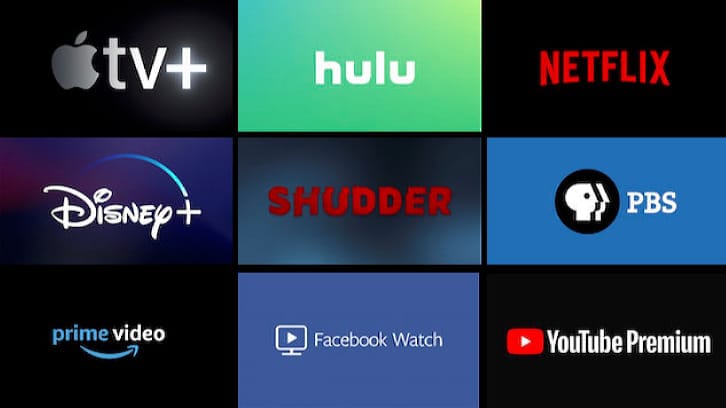
Meta: A closer look at how the movie and television streaming service is gradually proving to be unsustainable.
According to recent studies, the television and movie streaming services provided by major companies such as Netflix, Amazon Prime, and Disney+ are proving unsustainable for several reasons, which we will be taking a quick look at right here.
Some people have even labelled it as the ‘unsustainable content war,’ unlike online casino live dealer streaming at fully licensed iGaming sites, which continues to show steady growth. What the steady growth shows is that there is an appetite for live content. When playing live tables at LeoVegas, players will be able to interact with a live croupier. This sense of engagement is new to the scene, one which relied on players interacting with computers. Streaming services might learn something from this, and other streaming platforms like Twitch: live content and live interactions could see renewed growth.
Is streaming safer for the environment than Blue Rays and DVDs?
Contrary to belief, movie and television streaming services are not as green or eco-friendly as they sound. Whether it’s listening to your favourite albums throughout the day on Spotify, or binge-watching your favourite shows, such as Stranger Things, on Netflix, today’s biggest streaming services require extraordinary amounts of electricity, and the demand keeps growing.
The infrastructure includes network equipment and huge servers that process, store, and transfer data around the world to hundreds of millions of subscribers at any given time, and it requires huge amounts of energy being burned.
This, in turn, leads to hundreds of millions of additional tons of CO2 emissions being produced, which, as you should know by now, has a detrimental effect on the environment.
When using traditional Blue Ray and DVDs, you have to account for the plastic machines needed to run this kind of content and the shipping involved to get these physical items from the factory to the shop and then to the customer’s home.
Although it seems as though streaming is greener than producing Blue Rays and DVDs, movie streaming is just as harmful, if not more harmful, for the environment. Both options come with serious downsides. Both have a huge carbon footprint.
Why is the streaming service proving to be unsustainable?
People consume more content than streaming services can produce, and out of the many shows and movies created, only a handful are remembered by viewers within just a few short years. In other words, there’s a lot of waste.
It seems streaming sites are going for quantity over quality, but it’s not fooling the millions of subscribers worldwide.
The main goal of streaming giants is to get new subscribers and then keep those subscribers locked in month after month. However, many people look to save money and prefer to go on streaming marathons and frequently watch entire series in a very short period (just a day or two) before unsubscribing again for a month or two.
This is why some streaming sites release just one new episode a week. They gradually release content so that people hopefully stay subscribed for longer. Many prefer not to watch just one new episode per week and wait for the entire series/season to become available before re-subscribing. Instead of subscribing for three or for months, doing it this way means they can just subscribe for a month and then squeeze as much content in as possible in the time they have.
Although from an economic perspective for the business and the environment, releasing one episode per week is more sustainable. It stops people from watching and consuming energy for hours at a time.
The current streaming site model is still unsustainable, and the big streaming companies must come up with new ideas to make it more sustainable.
What are the biggest streaming sites in the world?
Some of the world’s biggest streaming sites that many of you will already be familiar with by now are the following:
• Netflix – estimated number of subscribers is more than 231,000,000
• Amazon Prime – around 201,000,000
• Disney+ - around 162,000,000
• Tencent Video 124,100,000
Others include iQIYI (approx. 165,900,000), HBO Max (81,000,000), Hulu (48,100,000), Paramount+ (45,900,000), and Apple TV (40,000,000). You also have Eros Now, ALTBalaji, Globoplay, Starz, iFlix, ESPN, Canal Plus, StarTimes, Curiosity Stream, SonyLive, Discovery Plus, AMC, MUBI, Viu, and DAZN, to name a few.
How you can use streaming sites more sustainably
Some of the things you can do to reduce your carbon footprint when you next visit your favourite streaming site are things like switching off when you’re not watching and reducing the quality of the video rather than playing in 8K or 4K Ultra HD.
You can also try watching on a smaller device rather than from a PC or 75-inch (or bigger) smart TV, not watching things just for the sake of it or falling asleep watching, and cutting back on how many hours you watch movies and TV shows for.

